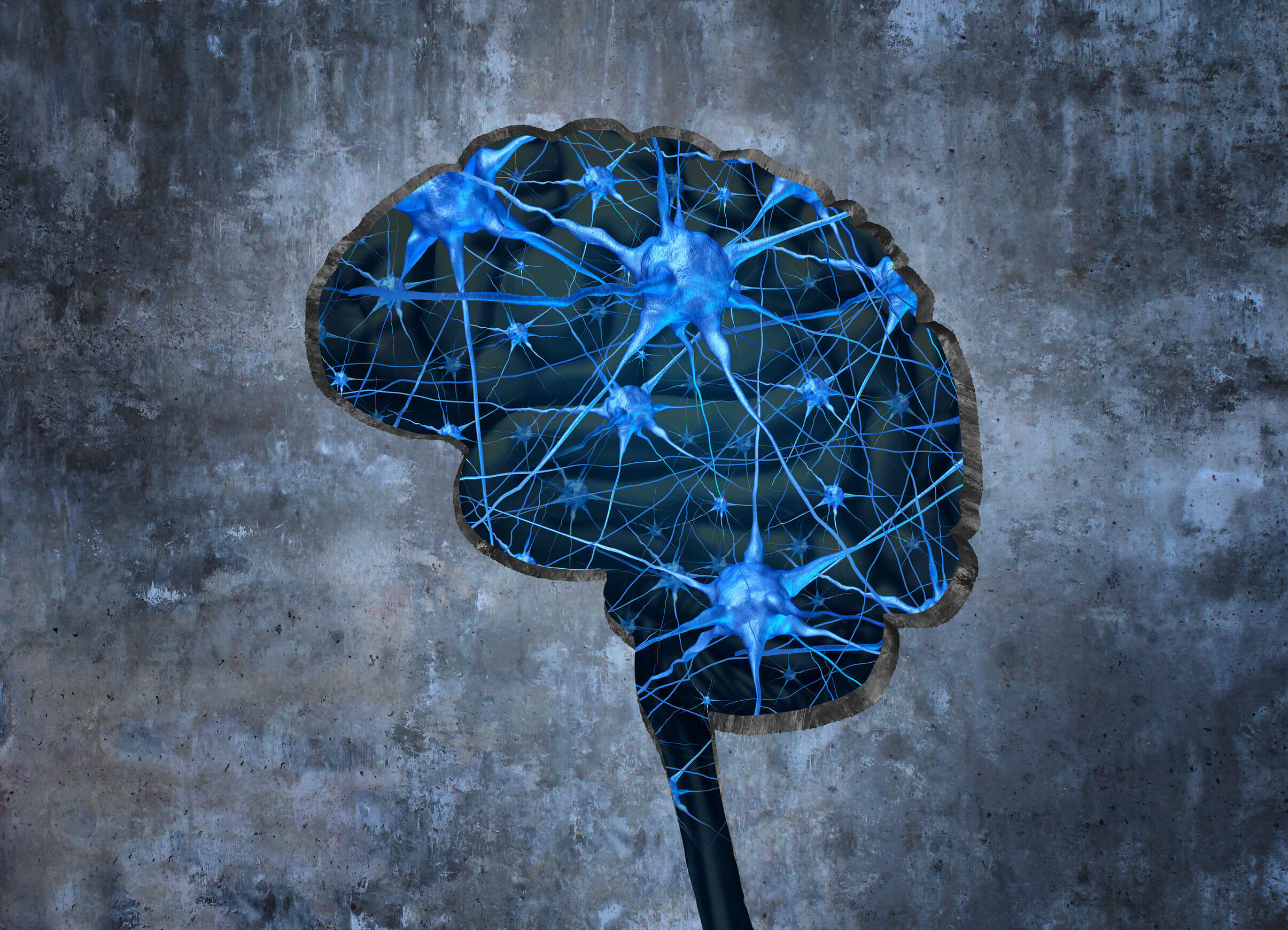The Amazing Era of the Second Brain
By Rajaneesh K Gopinath, Ph.D.
Grossly understudied for decades, Neurogastroenterology has finally captured our attention, following the breakthroughs in human microbiome research. What do we know about the Gut-Brain axis?
Man, and Microbes – a Remarkable Backstory
Did you know, if not for the discovery and rampant (mis)use of antibiotics, research on microbiome would have flourished much earlier? Élie Metchnikoff, the discoverer of Macrophages rightly suspected the critical role played by gut microbiota in influencing human health. Yet, such ideas were less appreciated since the large intestine was regarded a ‘reservoir of toxins’. He theorized that, if harmful microbes caused disease, beneficial ones must improve longevity. Often experimenting with his own body, he found that daily consumption of yogurt benefited him immensely, thus making him one of the pioneers of probiotics [1].
The Human Gut – an Autonomous Second Brain
Although the link between the gut and the brain had been previously acknowledged, it is the discovery of the enteric nervous system (ENS) and more recently the gut microbiome that aids in our current understanding of the gut-brain axis [2]. Just as the brain inside our skull, the ENS is an autonomously functioning nervous system that sends and receives messages. Using 100 million neurons more than our spinal cord, a bidirectional signaling exists between the microbiome, gut and our brain [3]. Lying at the crux of neural communication is the Vagus nerve (VN), one of the longest nerves in our body. In addition to metabolites, a number of neurotransmitters such as serotonin and dopamine are produced by the gut microbiota. Due to these properties, the gut is addressed as “The Second Brain” by famous scientists such as Dr. Michael D. Gershon who is known as the father of neurogastroenterology.
Early Days in Neurogastroenterology Research
Several discoveries in the preceding century identified causative microbes of human ailments but barring a few exceptions, brain diseases weren’t traditionally suspected of microbial involvement. The well-known example of a microbe controlling the brain is of a parasite Toxoplasma gondii. The protozoan infection causes hypomethylation of arginine vasopressin promoter in rat’s brain resulting in a reduced aversion to cats [4].
But, the seminal study that served as a catalyst for the embracement of gut microbiota in neuroscience research is that of Sudo et al. [5]. Their landmark study discovered that the hypothalamic-pituitary-adrenal axis of germ-free (GF) mice models exhibited an elevated hormonal response to stress compared to the ones colonized with Bifidobacterium infantis. This finding led to an array of behavioral studies in GF mice that arrived at the conclusion that microbiota does influence social and anxiety-like behavior. Recent studies have also observed that the expression of proteins such as BDNF is significantly reduced in the hippocampal regions of GF mice compared to mouse colonized with gut microbiota. Besides, a number of probiotic treatment studies have shown improved cognition and reduced anxiety in mice [6].
Microbiota-Gut-Brain Signaling Pathways
Apart from production, microorganisms could also recognize a variety of neurochemicals with which they could accomplish signaling to the brain. Numerous reports suggested that neurochemicals affected human behavior possibly by influencing host-specific receptors [7]. Recently, specialized cells called serotonergic enterochromaffin (EC) cells were found to act as gut chemosensors that aid in the transmission of information from the gut to the brain [8]. By using cultured intestinal organoids, the authors showed that EC cells express receptors that regulate sensory nerves t0 detect metabolites, irritants, and other chemicals. Increasing shreds of evidence also suggest the involvement of immune signaling in the microbiota-gut-brain axis.
 Gut Microbiota as a Cure for Brain Diseases
Gut Microbiota as a Cure for Brain Diseases
Experiments with the rodent models of autism spectrum disorder (ASD) have found significant alterations in metabolite composition and microbiota-gut-brain interactions. Currently, several gastrointestinal and metabolic disorders, obesity and irritable bowel syndrome are well known to be associated with the gut-brain axis. However, it is increasingly becoming evident that several neurodegenerative diseases such as Parkinson’s disease could have their origins in the gut [9]. The gut microbiota is also implicated in other brain-related diseases such as Alzheimer’s, autism, anxiety, and depression [6].
Presently, clinical studies conducted in humans demonstrate that several of these diseases could be treated by manipulating the gut microbiota. Fecal microbiota transplantation (FMT) which was widely used for treating intestinal disorders is quickly turning into a therapeutic option for neuropsychiatric disorders as well [10]. Through crowdsourcing, the American Gut Project has now collected and performed sequence analysis of microbial communities from around 4000 fecal samples [11]. The results are made publicly available for integrating it with data from other studies which give us much hope in the treatment of intestinal and neurological disorders in the future. In conclusion, it is exciting times in neurogastroenterology research and this era could well be called, the “era of the second brain”.
References
- https://www.ncbi.nlm.nih.gov/pmc/articles/PMC3859987/
- https://www.ncbi.nlm.nih.gov/pmc/articles/PMC3845678/
- https://www.ncbi.nlm.nih.gov/pmc/articles/PMC5808284/
- https://www.ncbi.nlm.nih.gov/pubmed/25142402
- https://www.ncbi.nlm.nih.gov/pubmed/15133062
- https://www.ncbi.nlm.nih.gov/pubmed/26438800
- https://www.ncbi.nlm.nih.gov/pubmed/23845749
- https://www.ncbi.nlm.nih.gov/pubmed/28648659
- https://www.ncbi.nlm.nih.gov/pubmed/26503923
- https://www.ncbi.nlm.nih.gov/pmc/articles/PMC4977816/
- https://www.ncbi.nlm.nih.gov/pubmed/29795809
©www.geneonline.com All rights reserved. Collaborate with us: service@geneonlineasia.com









